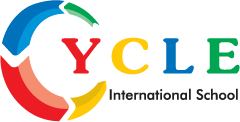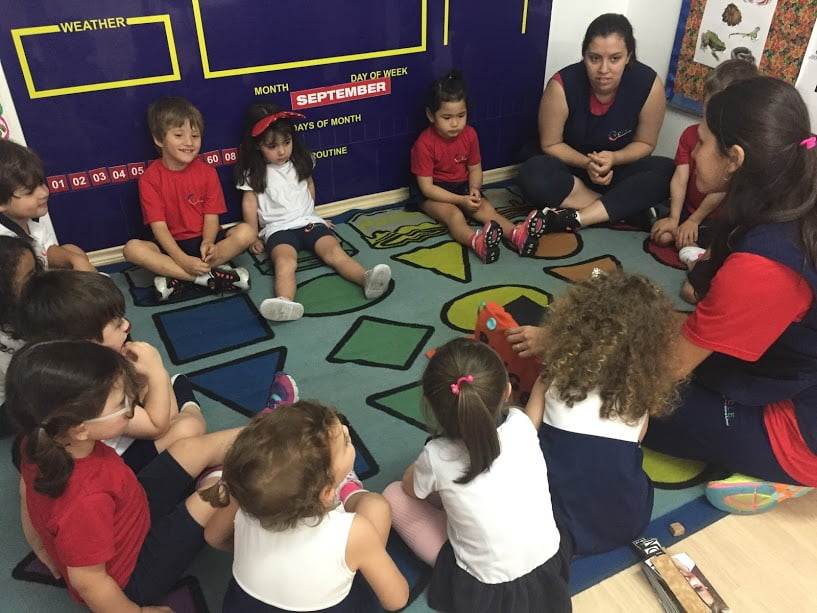In a increasingly globalized world, the first contact with another language happens more and more earlier, either through music heard on the radio or even through television. Many parents wonder, ‘what is the right time to enroll my children in a bilingula school and what the benefits of this modality?’
The impact of bilingualism on childrens education has been discussed since the XIX century by educators, initially experts said that such a form of teaching could confuse mother language learning. Currently, these caveats have fallen to the ground and bilingual education is increasingly well regarded by educational institutions.
According study by Elizabeth Peal and Wallace Lambert, psychologists linked to McGill University in Canada, biligual students have a richer vocabulary than monoglots.
With the advancement of globalization the second language has gone a bigger differential, to a prerequisite in some occupations. Parents and guardians saw the need to enroll their children in an English language school, but is usually happens when children are approaching teenager.
Bilingual education and its benefits for childrens:
Today everybody known that the teaching of a second language is best used during childhood and bilingual childrens schools are increasingly popular in a national territory.
During childhood the brain of the child develop at incredible speed and this facilitates the learning of the second language. As earlier the child is introduced to another language, the greater will be his affinity with that language, either orally or grammatically.
“When a child begins learning a second language, there is a differentiated development of the facial muscles, which facilitates the process of speech and pronunciation. These muscles develop only a bilingual children and during the childhood,” explains the teacher in the Cycle School, Juliana Mutton.
The development of pronunciation is a of the mais benefits parents can have when enrolling childrens in a bilingual school.
For researchers at the University of São Paulo (USP) bilingualism can improve various cognitive abilities and one of them is related to attention. The memory of bilingual students is also improved, knowing two languages also increases sociability and ease of communication. These childrens gain more confidence and self-esteem
by speaking two languages.
Differently the language courses, at Cycle International School, childrens learn English in a natural way, “here at school the childrens learn in a playful way, they come into contact with different customs and cultures. They also expand their word repetoire through language and relationship with friends, teachers ans school employees” tell Mutton.
Located in the city of Santo André, the kindergarten has a differentiated methodology and its students have contact with a second language from nursery to elementar school.
The second language can also be learned by adults, being a way to leverage the career. Thinking of becoming parents and guardians, Cycle has partnered with Berlitz, the instituition to young and adults to learning with learning programs to conversation.





